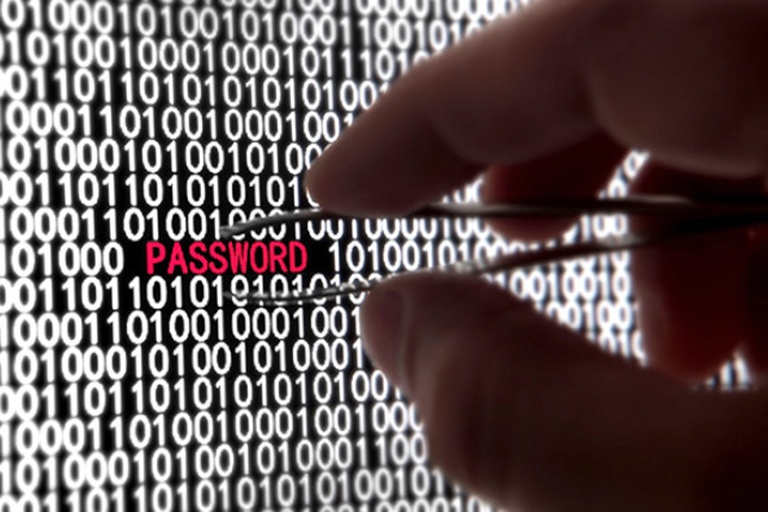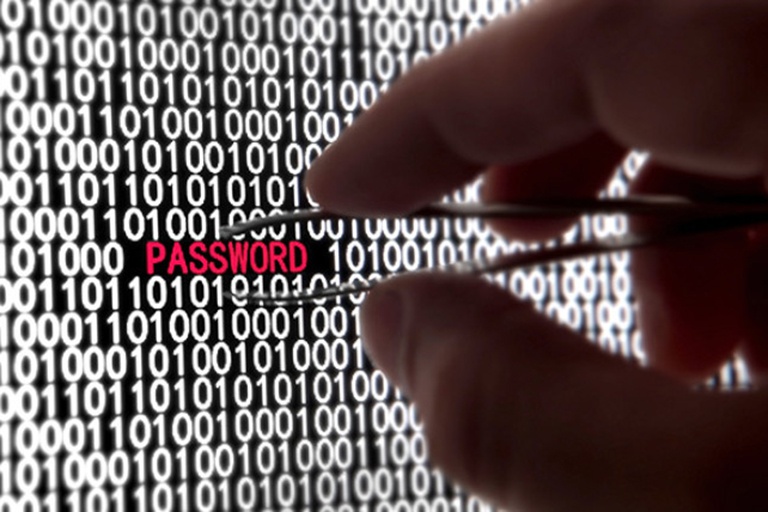On the first Thursday of every May, “World Password Day” is celebrated annually to promote password management and cybersecurity practices in general. We already know that some organizations such as Microsoft want you to reduce dependency on passwords, but today, Google has announced a similar goal in a blog post titled “A simpler and safer future – without passwords”.
 Google says that password management is a difficult process and even though it is recommended to keep long and complex passwords, this inevitably results in people sharing passwords across different websites. This essentially acts as a single point of failure where a compromise of one website’s system means that all your accounts are under threat. To that end, the company is continuously investing in tools which make it easier to manage passwords right now, and eradicate them altogether in the future.
Google says that password management is a difficult process and even though it is recommended to keep long and complex passwords, this inevitably results in people sharing passwords across different websites. This essentially acts as a single point of failure where a compromise of one website’s system means that all your accounts are under threat. To that end, the company is continuously investing in tools which make it easier to manage passwords right now, and eradicate them altogether in the future.
Of course, the simplest way to protect your passwords is to have multilayered verification, and Google already supports this with two-step verification (2SV), where users can utilize their mobile devices to authenticate login attempts. Google has indicated that it will automatically start enrolling users into 2SV soon provided that their accounts are correctly configured. The company is further enhancing its security mechanisms by building security keys directly into Android devices and through apps like Smart Lock for iOS.
Google pledges that while traditional forms of authentication like passwords remain common, it will continue to offer innovative products like Password Manager and Password Import that not only make password management easier but also makes passwords secure by default.
 Interestingly, while the company keeps hinting in its blog post that it wants you to imagine a world without passwords, it doesn’t highlight any notable endeavors on this front. “One day, we hope stolen passwords will be a thing of the past, because passwords will be a thing of the past”, says Google mysteriously, “but until then Google will continue to keep you and your passwords safe.”
Interestingly, while the company keeps hinting in its blog post that it wants you to imagine a world without passwords, it doesn’t highlight any notable endeavors on this front. “One day, we hope stolen passwords will be a thing of the past, because passwords will be a thing of the past”, says Google mysteriously, “but until then Google will continue to keep you and your passwords safe.”















